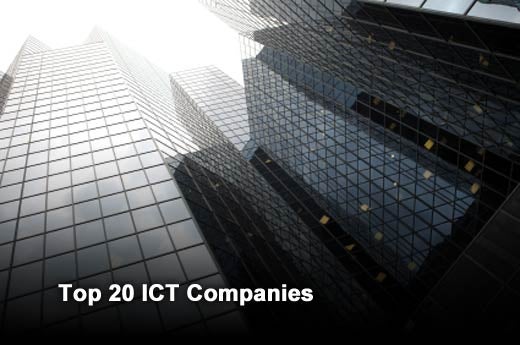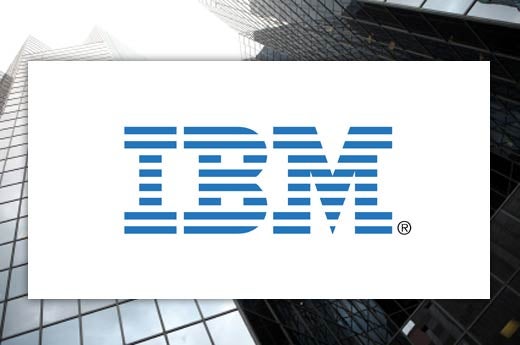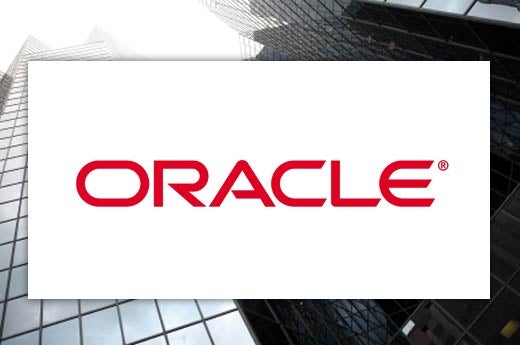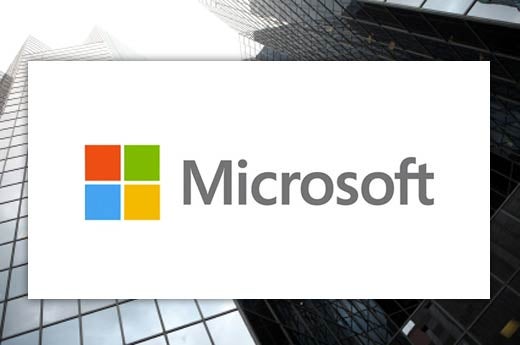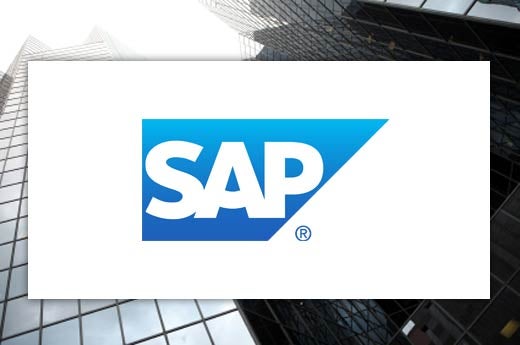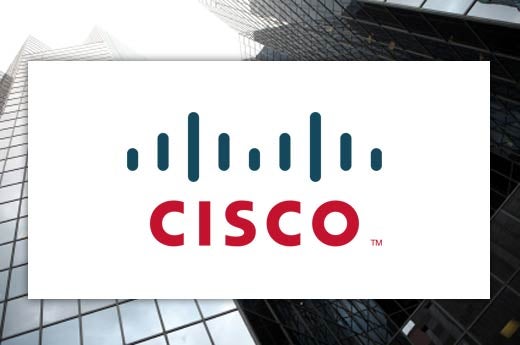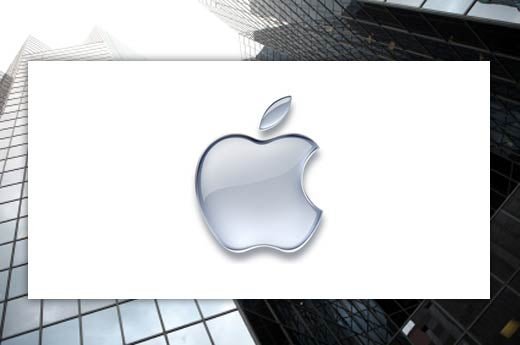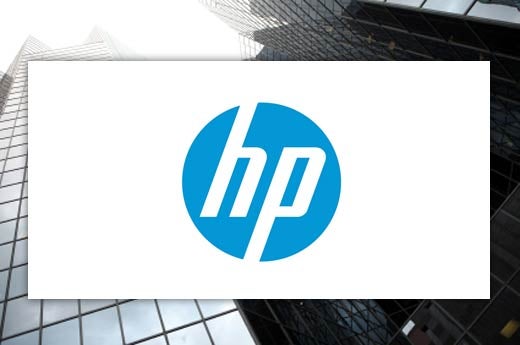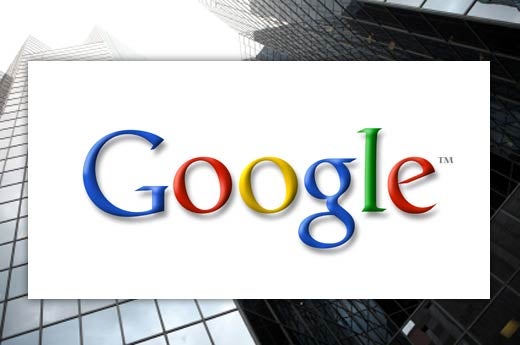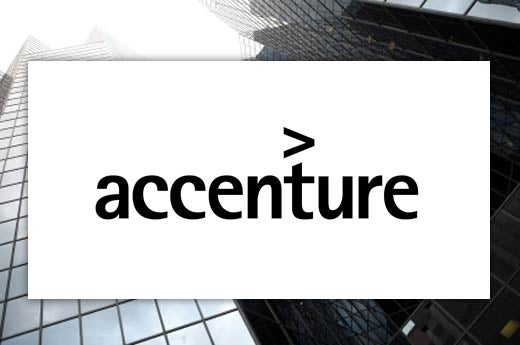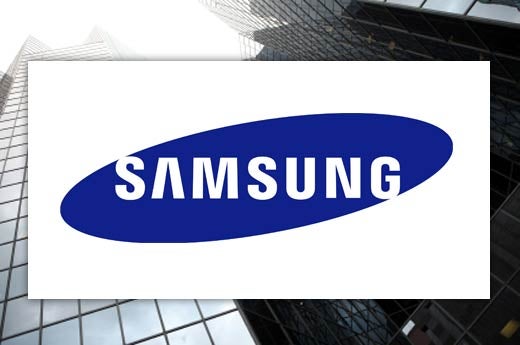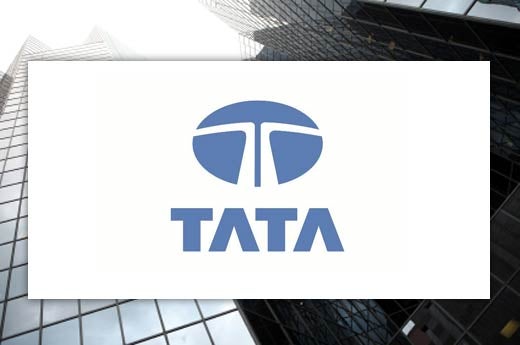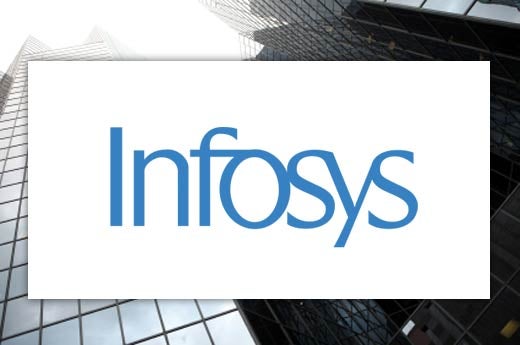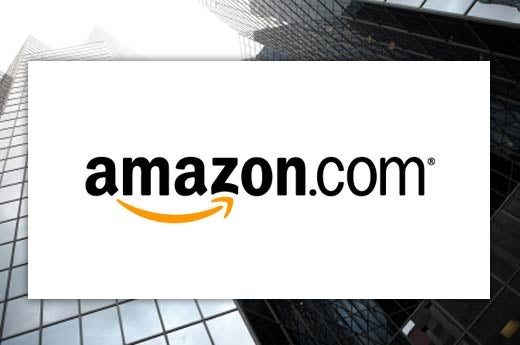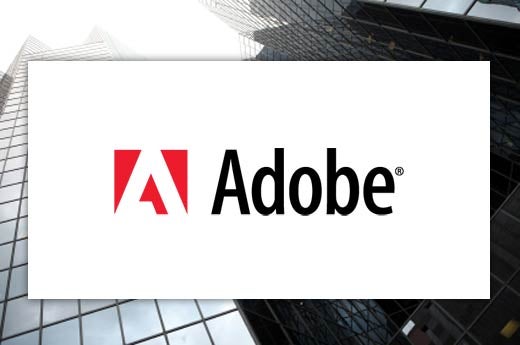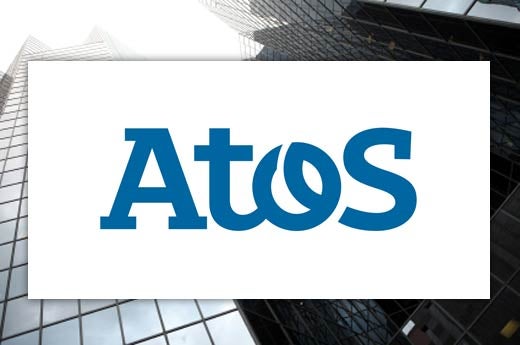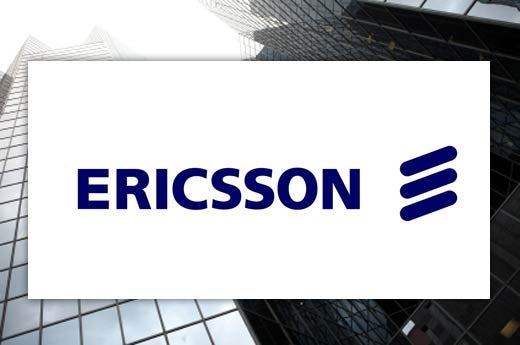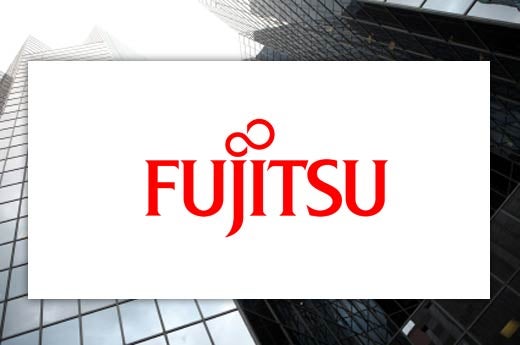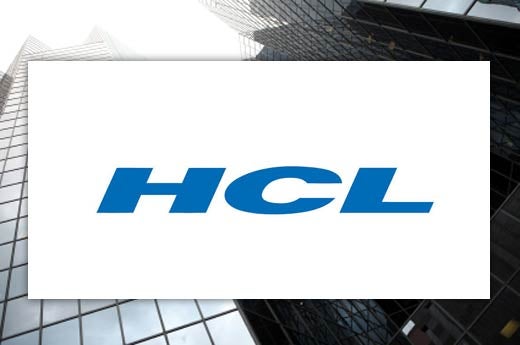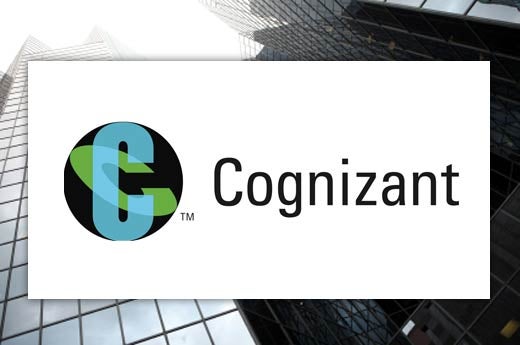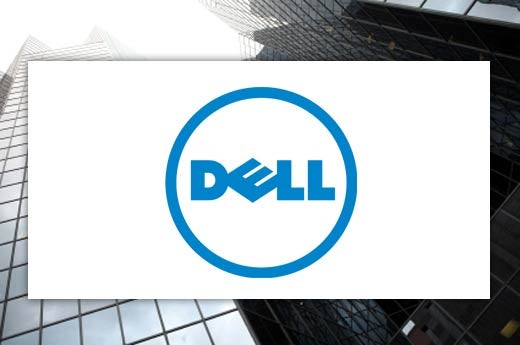The world’s top technology companies continue to jostle for position in the rapidly evolving digital landscape. Today, global management consulting firm Booz & Company released its second annual ranking of the world’s top 50 Information and Communications Technology (ICT) companies that provide the building blocks to increasingly digital businesses. There was a shake up at the top of the rankings: Microsoft was bumped out of the top spot, dropping to #3, Oracle held fast at #2, while IBM leapfrogged from #3 to claim the top spot, fueled by its strong product and service portfolio and global presence.
“This volatility is not surprising given the vast changes sweeping this sector. Digitization is a business imperative and these companies are being forced to rapidly transform their business models, product portfolios, service offerings and global footprints in order to stay one step ahead of their clients’ needs. Add to this financial pressures in an uncertain economy, and the fact that boundaries are gone and more players are competing for overlapping, converged markets, and it’s no wonder new winners are emerging,” says Henning Hagen, partner at Booz & Company.
Key Findings:
- Software and Internet companies and hardware and infrastructure providers are dominating the ICT industry, claiming the majority of spots in the top 20.
- Integrated solution models are continuing to gain ground over IT services, especially those IT service providers with more traditional outsourcing and managed services businesses.
- Several software and Internet businesses are making big advances, including SAP, which jumped three spots, to #4, Google, which moved up to #8, and Amazon, which debuted in the top 50 for the first time at #13, driven by its rapidly growing cloud services business.
- Dell and HCL took the biggest falls, each dropping five spots, to #20 and #18, respectively.
“This market is going through dynamic changes; primarily because so many companies are expanding and reshaping their portfolios and pushing for global scale and reach at the same time. As a result, many smaller IT service providers are under pressure, being acquired or disappearing completely. On the other hand, ‘digital first’ players like Amazon are coming in with integrated solutions or compelling cloud offerings. We will see even more convergence in the future, and the winners will be those who can build integrated solution ecosystems around an innovative software or hardware core,” says Florian Groene, a principal at Booz & Company.
- This year’s Global ICT 50 companies took in total revenues of US$2.07 trillion, a three percent increase over the prior year’s US$2.01 trillion, and a slight slowdown in growth compared to the previous year. Average margins remained steady at 15 percent. Software and Internet companies (e.g., Adobe, Google, Microsoft, SAP) and offshore IT service companies (e.g., TCS, Infosys, HCL, Cognizant) were the only two groups to achieve double-digit revenue growth for the fifth straight year.
- The same two groups saw stagnating to declining EBIT margins, albeit on a very healthy >20 percent level, which suggests early signs of business model maturity and increasing competition.
- Hardware and infrastructure companies claimed the middle ground in financial performance, achieving continuous margin improvement and stable growth over the past five years.
- Global IT service providers and telecom companies were the weakest performers and the only groups whose growth and profitability remained almost flat in 2013, although they did manage to stabilize their margins.
In addition to assessing financial performance, portfolio strength, go-to-market footprint, and innovation and branding for company rankings, the study also identifies six business models to create value in the ICT industry. This analysis reveals that players that base their value creation approach on innovation (like Apple and Google), global sourcing (such as Infosys), and digitization models (including SAP) are the most successful financially, followed by large market consolidators such as Oracle.
Click through for the top 20 information and communication technology companies, as identified by Booz & Company.
IBM leapfrogged from #3 to claim the top spot, fueled by its strong product and service portfolio and global presence.
Oracle came in at second place, the same as 2012.
Microsoft was bumped out of the top spot, dropping to #3.
SAP jumped three places, from seventh in 2012 to fourth place in 2013.
Cisco remained steady with a fifth-place ranking, the same as 2012.
Apple also remained steady year-over-year, with a sixth-place ranking.
HP dropped three spots, falling from fourth in 2012 to seventh in 2013.
Google skyrocketed up the chart, rising from thirty-second in 2012 to eighth in 2013.
Accenture remained steady with a ninth-place ranking, the same as 2012.
Samsung made an enormous leap from thirty-sixth in 2012 to tenth in 2013.
TCS also made a large leap, jumping to eleventh place this year from twenty-fourth in 2012.
Infosys rose two spots year-over-year, from fourteenth to twelfth.
2013 marked Amazon’s entrance to the list for the first time, in thirteenth place.
Adobe rose from twentieth place in 2012 to fourteenth in 2013.
Atos also made a giant leap, rising from thirty-first in 2012 to fifteenth in 2013.
Ericsson dropped from twelfth to sixteenth, year-over-year.
Rising from twenty-sixth place in 2012, Fujitsu ranked seventeenth in 2013.
HCL dropped five places year-over-year, from thirteenth to eighteenth.
Cognizant rose from twenty-eighth in 2012 to nineteenth in 2013.
Also dropping five places, Dell fell from fifteenth last year to twentieth in 2013.


